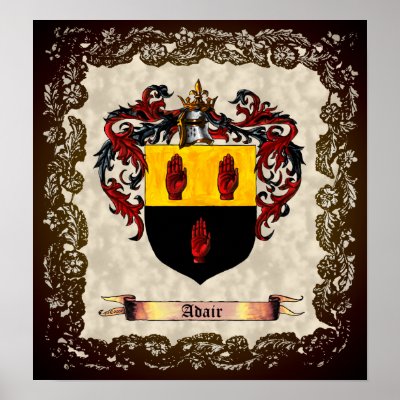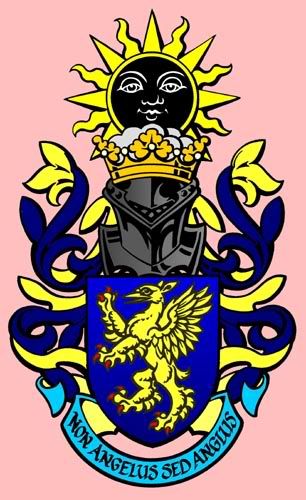Bliss (English)
Paternal line
(Taken from
http://www.blissfhs.co.uk/origins.htm)
P. H. Reaney, the authority on English surnames, derives our name from either the Middle English noun blisse, joy or gladness, or from the Norman family of de Blez. English State and Ecclesiastical documents record de Blezes in Cos. Hereford, Worcester and Warwicks in the 12th century. It is thought the name originates from Blay, a village 9k west of Bayeux in Calvados,Normandy. The de Blezes came to the Welsh March in the service of Adam de Port, baron of Kington, circa 1115. Later, they were knights in the service of the barony of Radnor, owing allegiance,first to the de Braose baronial family and later to the Mortimers of Wigmore, who inherited Radnor by marriage to the de Braose heiress. One of the manors held by William de Blez in the 1160s was Stok in Herefordshire, which became known as Stoke de Blez and then Stoke Bliss, clearly demonstrating the transition of Blez into Bliss. The Bliss manor in Staunton on Wye is also named from its de Bleez or de Blees medieval landlords. We are confident many modern Blisses and Bleases share a common rootstock in the Norman family of de Blez. The second source of our name probably originates in more easterly counties of England. In the reign of Henry II (1154-1189), a 'Richard callyd Blisse'held land at Parndon in Essex from the Knights Hospitallers of St John of Jerusalem. It sounds as though Richard had only recently come by his last name. The usage of the Bliss name quickly became widespread. In 1225 a Bliss landholding at Cirencester Gloucs. was mentioned in a customal in the Curia Regis. By 1270 (The Hundred Roll of Edward I), Blisses are recorded at Tyringham in Buckinghamshire and Waterbeach in Cambridgeshire. These were undoubtedly native English stock, being villeins or freemen of a lower order than the de Blez family.
The de Blez name disappears from the Records in the 15th century and we are free to choose the source of our particular branch of the Bliss name: a native, stubbornly persistent, Anglo-Saxon heritage or a venturesome, hot-tempered Norman import.
From the Hundred Roll:
- County of Buckingham: Bunstone Hundred, Parish of Tyringham-cum-Filgrave. John Blisse (and 20 others) holds 6 acres and one rood.
- County of Cambridge: Hundred of North Stowe, Town of Waterbeche. John Blisse holds one messuage and pays yearly 3 shillings, 3 pence (along with Ralph, a merchant, and Geoffrey, a merchant. The messuage contains three roods of land.
Here's the family crest (center of the page):
http://www.blissfhs.co.uk/
Described as:
Argent, on a bend cotised azure, 3 garbs or. Crest on a wreath, a garb or.
It was associated with a Bliss family in Leicestershire and is also found, impaled with his wife's arms, on the tomb of Richard Bliss, died 1703, in Southwark cathedral. The Garbs or, or golden sheaves, on the Bliss arms are reminiscent of the 3 ears of corn on a seal attached to a 13th Century charter, whereby Alan, son of Alan de Blez, granted land at Langley, Warwicks to Bordesley Abbey (Bromley Davenport MSS). Apart from this one instance, the armorial emblems of the de Blez family are not known.





